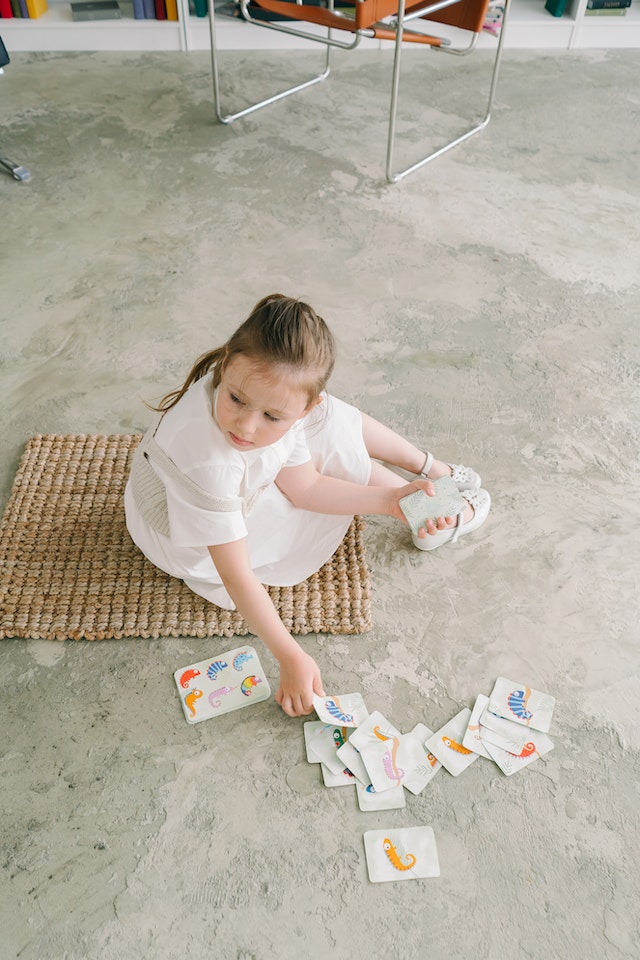Introduction
Many parents often find themselves in a perplexing situation when they discover their child picking their nose.
While nose picking can be an unpleasant habit, it is surprisingly common among children.
Understanding why children engage in this behavior can help parents address the issue with empathy and provide effective solutions.
In this article, we will explore the reasons behind why children pick their noses and provide practical tips to help them stop.
Curiosity and Sensory Exploration
One of the primary reasons why children pick their noses is due to their natural curiosity and desire for sensory exploration.
The nose contains a multitude of nerve endings, and children may engage in nose picking to discover different sensations or textures.
It is essential to educate children about alternative ways to explore their senses without resorting to nose picking.
Provide sensory play activities:
Encourage your child to engage in activities that stimulate their senses in a positive way.
Provide sensory bins with sand, rice, or other safe materials, or engage them in arts and crafts projects that involve texture exploration.
These activities can help redirect their curiosity away from nose picking.
Habitual Behavior and Comfort
For some children, nose picking becomes a habit that provides comfort or relief.
It may serve as a coping mechanism for stress, boredom, or anxiety.
Understanding the triggers that lead to nose picking can help parents address the underlying emotions behind this behavior.
Identify triggers and provide alternatives:
Observe your child’s behavior and identify patterns that lead to nose picking.
If you notice that your child picks their nose when they are stressed or bored, help them develop healthier coping mechanisms.
Encourage them to engage in relaxing activities such as deep breathing exercises, journaling, or listening to calming music.
Nasal Irritation or Congestion
Nasal irritation or congestion is another common reason why children pick their noses.
When the nose is congested due to allergies, colds, or dry air, children may resort to nose picking as a means of relieving discomfort.
It is crucial to address the underlying nasal issues to reduce the urge to pick.
Maintain nasal hygiene:
Help your child maintain good nasal hygiene by teaching them to blow their nose gently.
Use a saline nasal spray or a humidifier to keep their nasal passages moisturized.
If allergies are the cause, consult a pediatrician for appropriate allergy management strategies.
Social and Environmental Factors
Children are highly observant and may imitate behaviors they see in their environment.
If they witness nose picking among family members or peers, they may develop the habit themselves.
Additionally, some children may pick their noses as a response to stress or anxiety in social situations.
Set a positive example and address social stressors:
As a parent, be mindful of your own behaviors, as children often imitate what they see.
Avoid nose picking in front of your child and demonstrate proper nose hygiene habits.
Additionally, help your child build resilience and confidence in social situations by teaching them effective communication skills and strategies to manage stress.
Conclusion
Nose picking is a common habit among children that can be addressed with patience, understanding, and effective strategies.
By recognizing the underlying reasons why children engage in this behavior and implementing the provided tips, parents can help their child overcome nose picking and develop healthier habits. Remember, it is essential to approach this issue with empathy and create a supportive environment to ensure your child’s well-being and growth.
![]()











